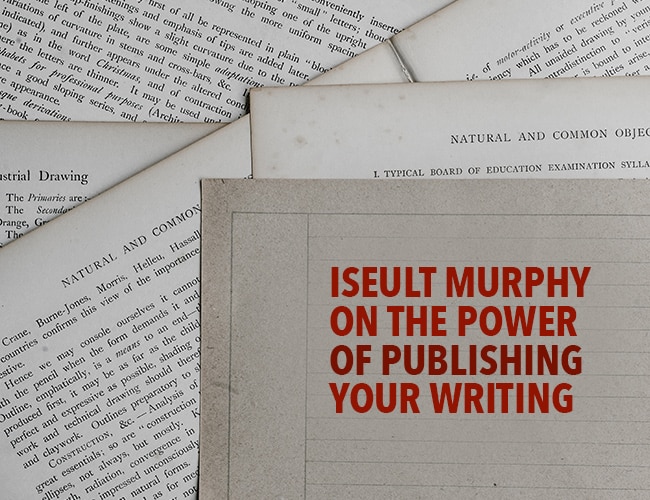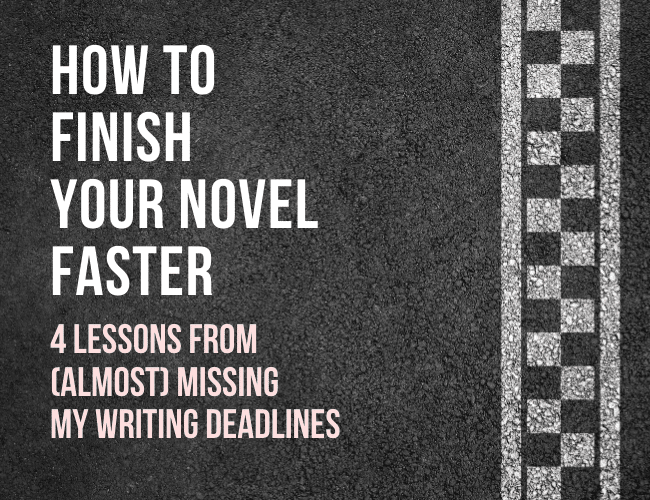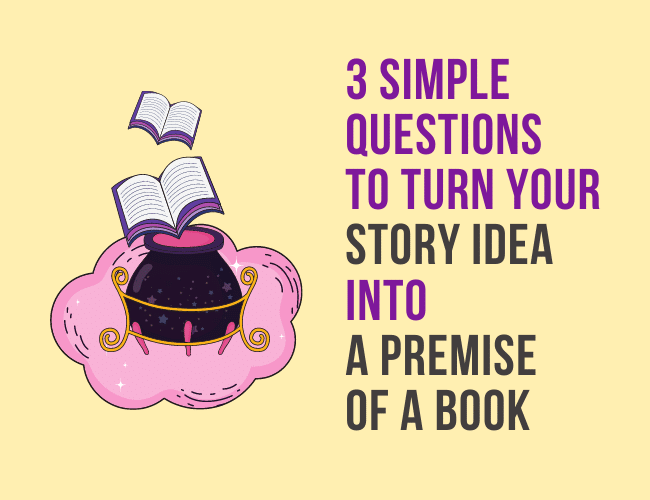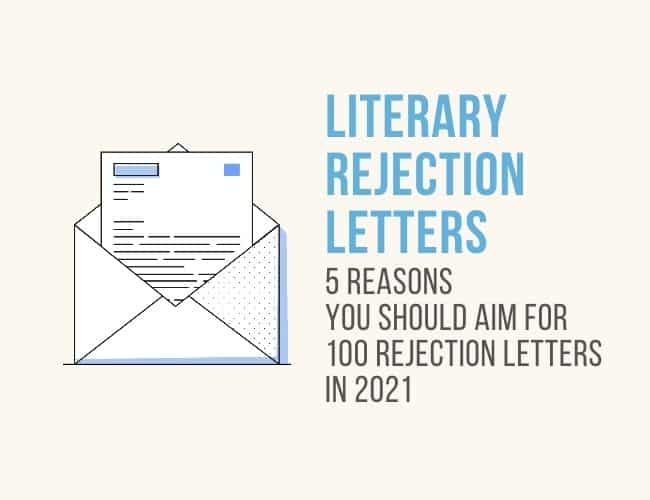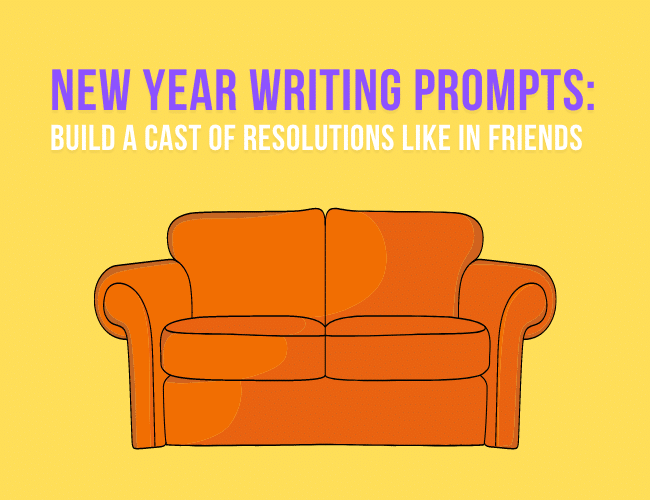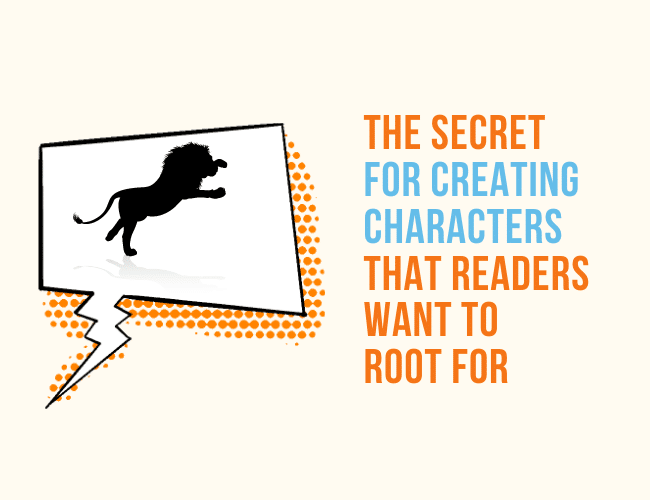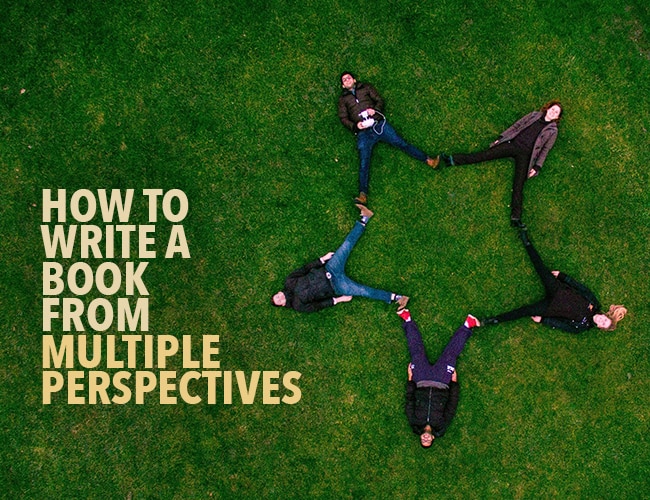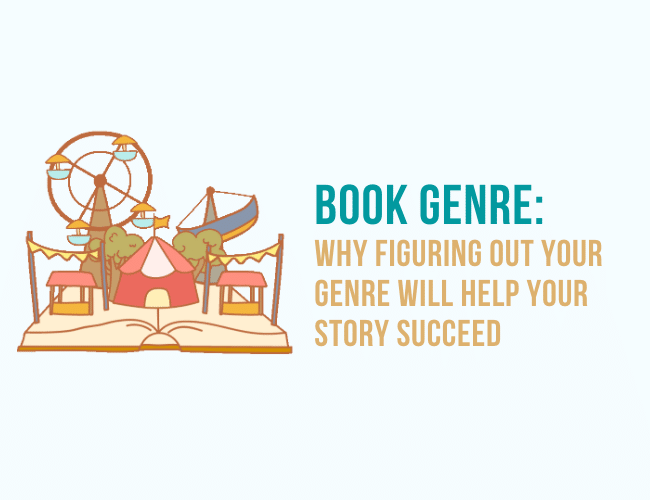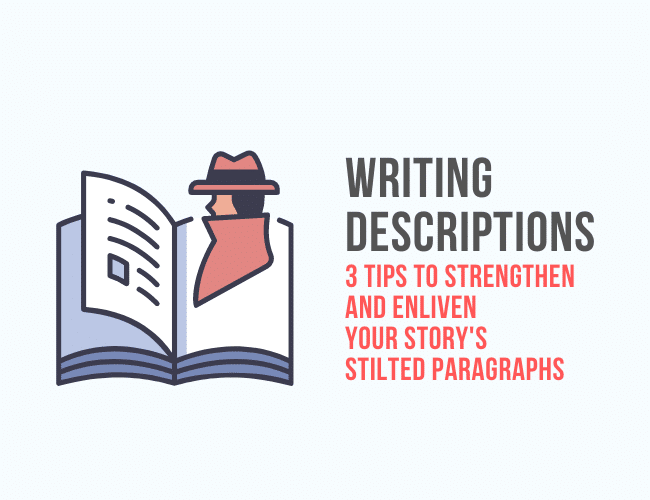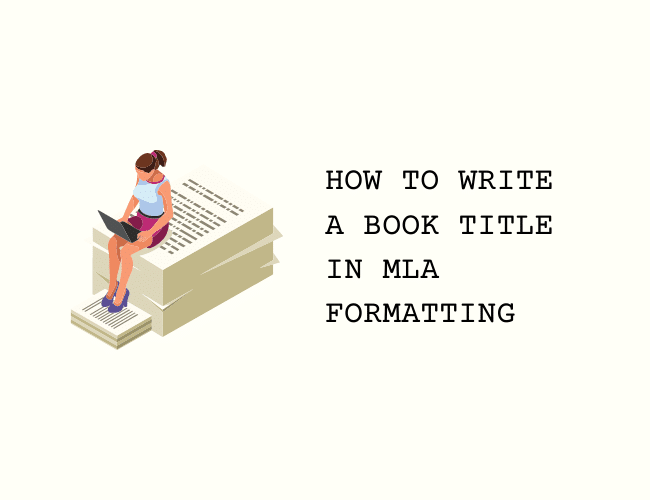Sometimes getting your writing into readers’ hands can seem like a long, arduous process. You might feel lost. You might feel like the “gatekeepers” in the publishing industry are out to get you, hate your work, or are just plain mean.
In this interview, we’re talking with Iseult Murphy about her writing journey, her decision to self-publish, and the power of connecting with other writers.
